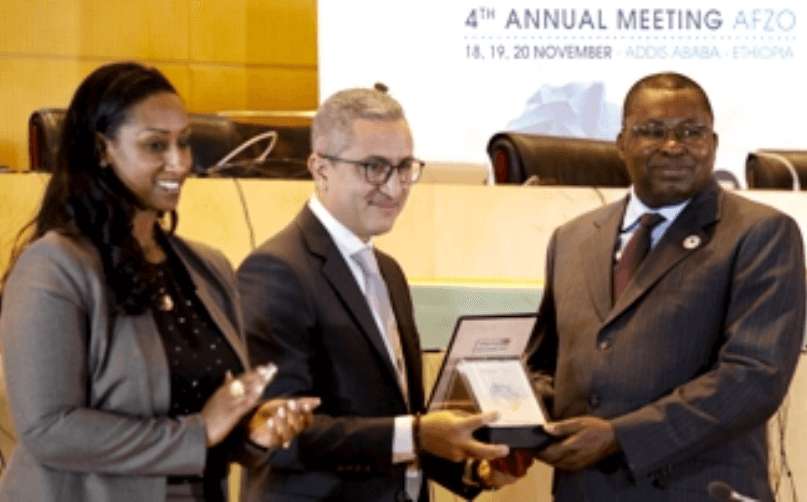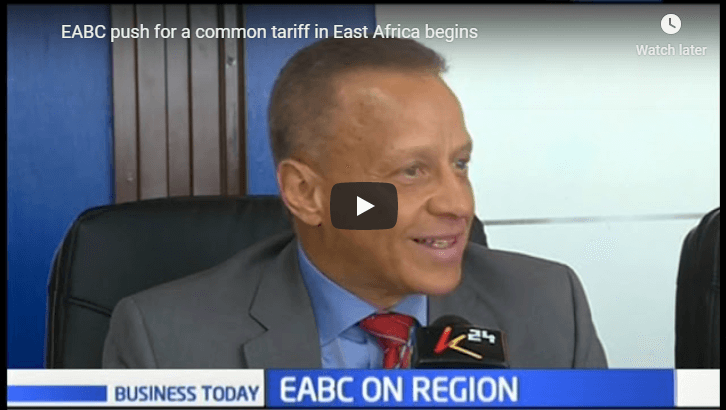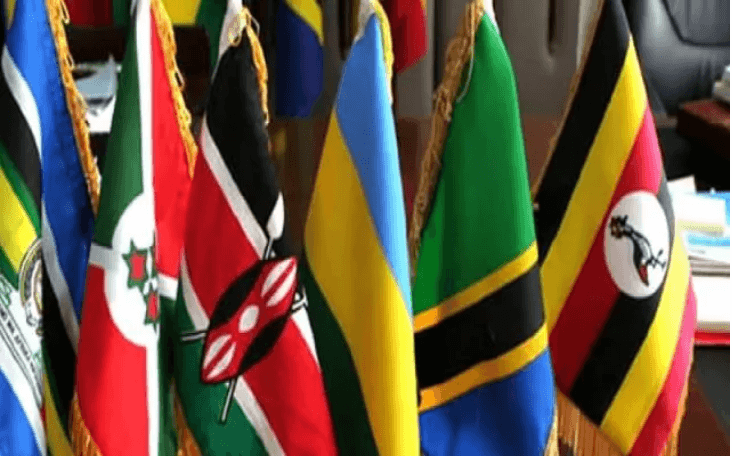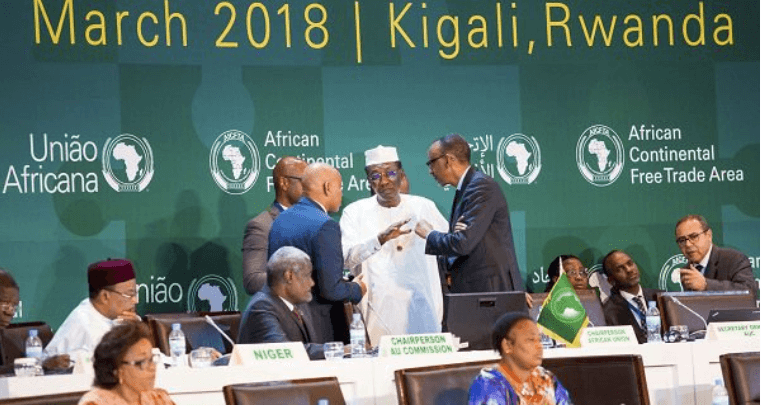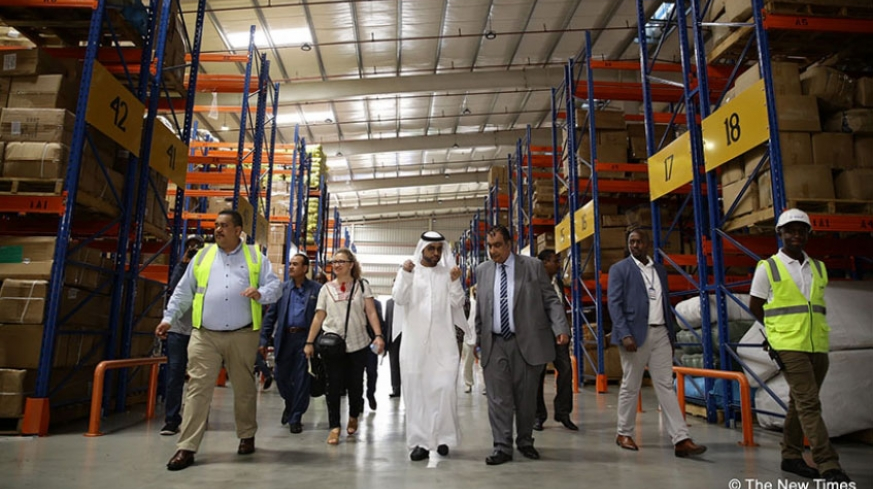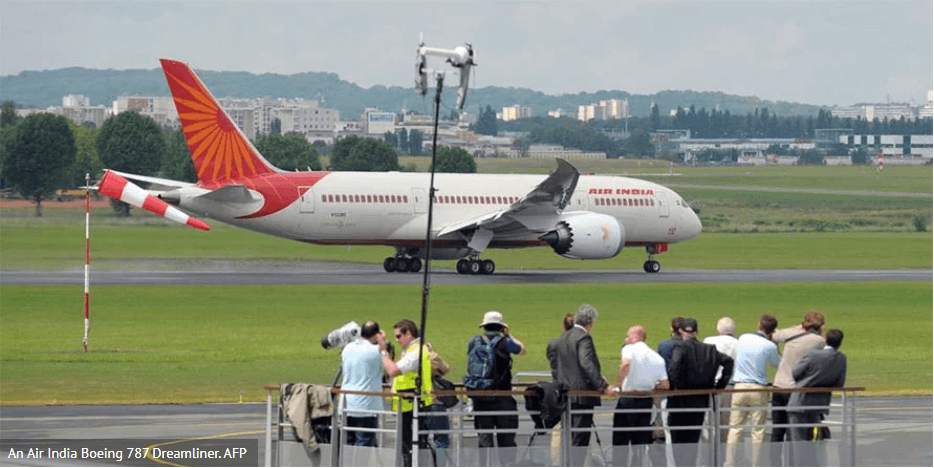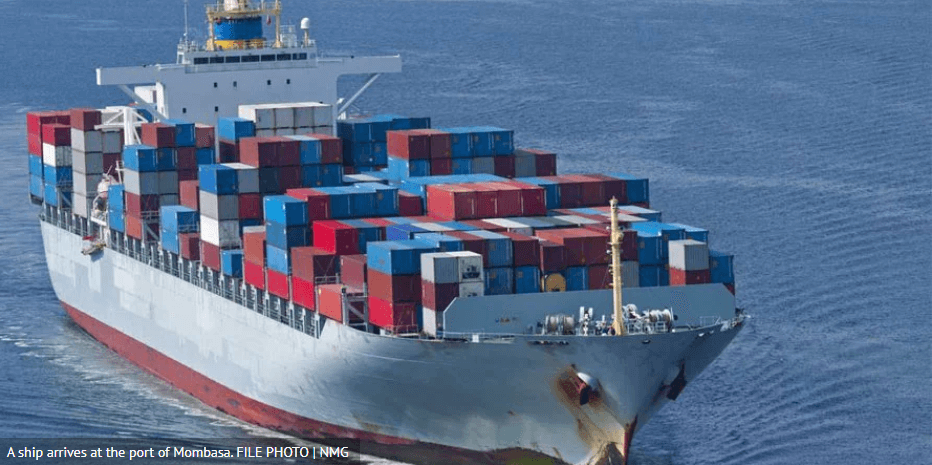The meeting is held during the “Africa Industrialization Week”, organized by the African Union from the 18th to the 22nd November 2019, according to the press statement from AFZO. The attendees include over 220 delegates representing 43 countries attended this important event, including 60 African economic zones, 30 experts, as well as several representatives of governmental authorities, international institutions and public and private organizations. Several international speakers representing international and financial institutions such as UNCTAD, UNIDO, UNECA, AfDB etc. shared during this event their expertise on effective means for economic zones development in Africa. the statement noted that various topics related to challenges and trends of African economic zones were addressed including strategic directions and effective governance model, contribution of economic zones for FDI growth and job creation, importance of logistics competitiveness within economic zones, skills development and training. The opening ceremony of the Africa Free Zones Organization’ 4th Annual Meeting was cochaired by M. Albert Muchanga the Commissioner for Trade and Industry of the African Union Commission (AUC), Ms Dagmawit Moges the Minister of Transport of Ethiopia, M Mehdi Tazi Riffi the President of the Africa Free Zones Organization. Serving the development of Economic Zones in Africa AFZO was founded back in 2015 by Tanger Med along with other African economic zones. Africa Free Zones Organization brings together the leading African economic zones and institutions in charge of the development, management and promotion of economic zones in our continent. The Africa Free Zones Organization aims to ensure: – Representation...
Africa Free Zones meeting opens in Addis Ababa
Posted on: November 20, 2019
Posted on: November 20, 2019

